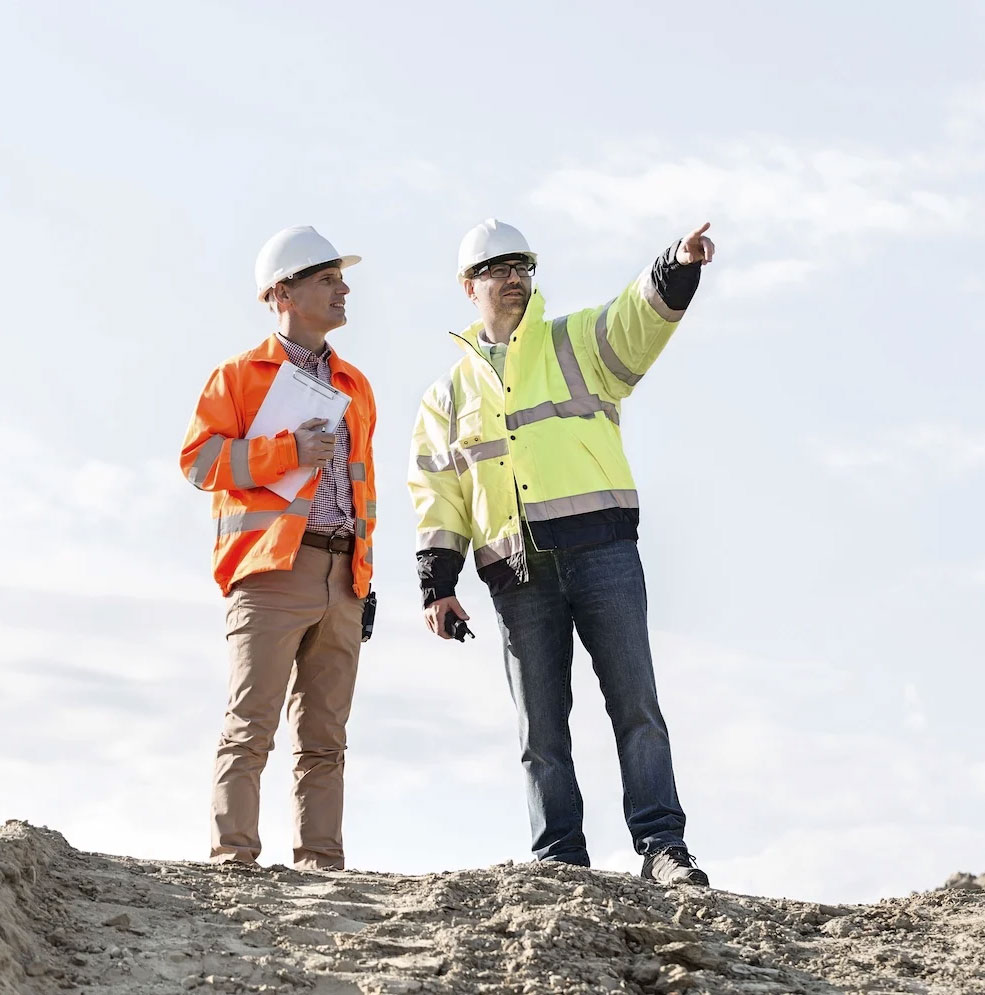
Attorneys for Land Use
Zoning: Development
Protect Your Investment
Buying property for commercial use or development is a significant business investment. Ensuring the process is handled correctly is a critical step to bring your vision to life and maximize on your investment.
Dalton & Tomich’s Michigan land use attorneys will guide you through the entire zoning process, ensure you are prepared each step of the way and have the best chance of securing all necessary approvals.

How We Serve You:
- We use our experience working with local communities, planning commissions, and city boards to advocate for you and your plans at every step.
- We manage the process for you, working with your site planner, local architect, and the planning commission/local zoning boards to ensure everyone is working together to move your plans forward.
- We communicate frequently and keep you updated every step of the way.
Your Best Chance for Planning Commission Approval – Download our eBook
Download our FREE Michigan and Detroit Zoning Guide
What to Expect During the Zoning Process
The zoning process typically involves four steps. Depending on the property, the intended use, and the municipality, you might go through all four steps or only a portion of them. Issues and conflicts can arise at various stages of the process:

1. Planning Commission
If administrative approval cannot be secured, a site plan must be presented to a local planning commission for approval. Sometimes, the planning commission can approve and recommend to the city or town, which gives final approval. This is where a lot of issues arise and why it is important your application is as airtight as possible from the beginning.
2. Zoning Board
A formal presentation to the local zoning board is needed if plans need a variance.
3. Historic Board
A formal presentation to the local historic board is also needed for those developing in a historic area or redeveloping historic buildings.
4. City or Town Board
In the final step in the process, the board gives final approval in places where this is required.

Dalton and Tomich will guide you through the process by:
- Evaluating the objective in relation to local zoning ordinances and regulations.
- Providing insight on what is possible to get approved.
- Working with a site planner to develop a plan that has the best chance of approval.
- Leveraging our relationships with local planning departments to get initial feedback before you present to the planning commission.
- Providing representation in front of the planning commission and make a case for plans and how the community will benefit.
If you have already started this process and find yourself running into opposition or the request has been denied, WE CAN HELP.
